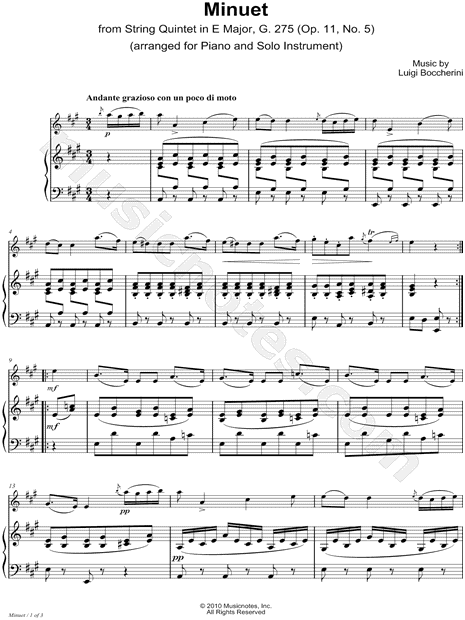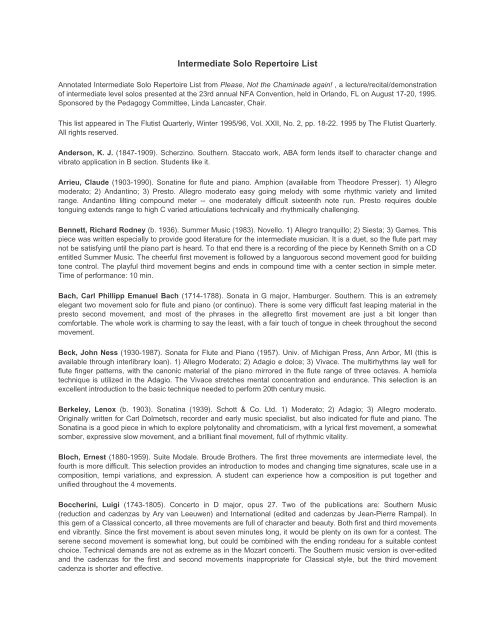

He had asked for "three short, simple concertos," and Mozart clearly had not given him three. In the end, de Jean was clearly dissatisfied with Mozart and left for Paris after having paid him less than half the fee agreed upon. Others have suggested that Mozart may have been tired of the tremendous popularity of the flute among mediocre amateurs and dilettantes at the time. Many people have felt that he could not have written such beautiful music for an instrument he did not like. I could, to be sure, scribble off things the whole day long, but a composition of this kind goes out into the world." But he also gives another, more widely quoted reason: "You know that I become quite powerless whenever I am obliged to write for an instrument which I cannot bear." Flutists and others have worked hard to explain away this last complaint. Besides, one is not always in the mood for working. Why did he not complete the commission? He excused himself in a letter to his father: "I never have a single quiet hour here.

Evidently, after having written one original flute concerto in G major, Mozart reworked the oboe concerto for the flute, in order to quickly supply at least two of the three concertos that de Jean had commissioned. In 1920, when the parts to Mozart's C Major Oboe Concerto were rediscovered in Salzburg, it became clear that his Flute Concerto in D was simply a reworking of the Oboe Concerto. Mozart never did write the third concerto, and it turns out that even the second was not an original work.
Boccherini flute concerto in d major program notes plus#
Through the orchestra's flutist, Johann Baptist Wendling, Mozart met the amateur flutist (and surgeon with the Dutch East India Company) Ferdinand de Jean, who commissioned him to compose "three short, simple concertos and a couple of quartets for the flute." From this commission came his two flute concertos plus a pair of quartets for flute and strings. There he became familiar with the fine orchestra and well-known musicians in that city, became active in the local musical life, and pursued (unsuccessfully) a post at the electoral court. During an extended musical tour with his mother, Mozart spent the winter of 1777-78 in Mannheim.


 0 kommentar(er)
0 kommentar(er)
